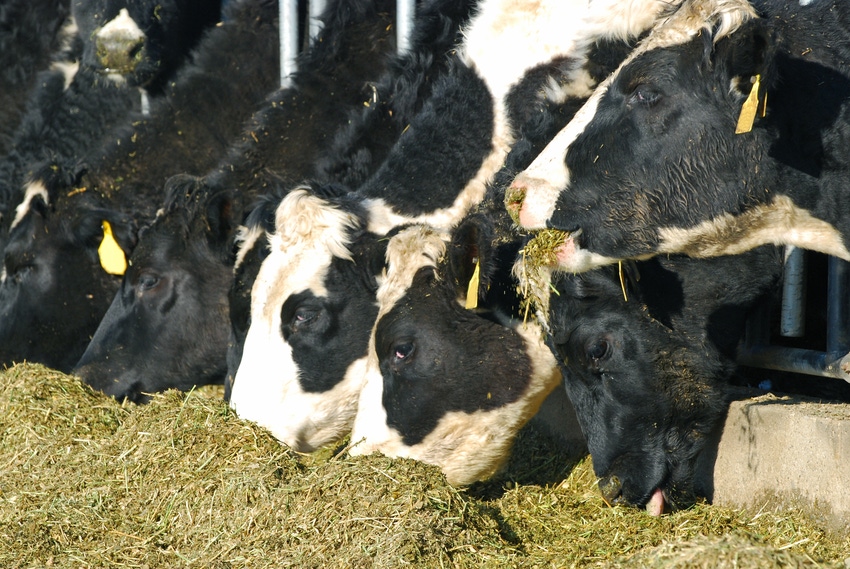Results point to effect of in-seed alpha-amylase technology in increasing starch utilization and feed efficiency in dairy cattle.
August 27, 2020

Dairy producers seeking an increase in feed efficiency may find it in high-amylase corn (Enogen Feed) based on research conducted recently at The Pennsylvania State University, according to Syngenta Seeds, which developed the in-seed enzyme technology.
The research was presented at the 2020 American Dairy Science Assn. virtual annual meeting (abstract 177).
The research, which compared high-amylase corn silage to a control isoline corn silage, found a 4% increase in energy-corrected milk feed efficiency (6% increase uncorrected) with the high-amylase corn silage, with no negative effect on rumen fermentation. These results point directly to the effect of the in-seed alpha-amylase technology in increasing starch utilization and feed efficiency in dairy cattle, Syngenta reported.
"Because dairy producers operate on such tight margins, they are always looking for ways to increase those boundaries and gain a competitive advantage. For these producers, a 4-6% increase in feed efficiency is highly significant," said Duane Martin, head of marketing for Enogen at Syngenta.
The study also showed that the high-amylase corn silage decreased methane emission intensity, although daily methane emissions were not affected by treatment, according to the research abstract.
The Penn State research builds on past university studies that have found that feeding high-amylase corn as grain or silage can potentially increase feed efficiency by about 5% compared to corn without the trait.
The current research was conducted by Dr. Alex Hristov with the Penn State department of animal science and graduate research assistant Sergio Welchez.
You May Also Like


.png?width=300&auto=webp&quality=80&disable=upscale)
